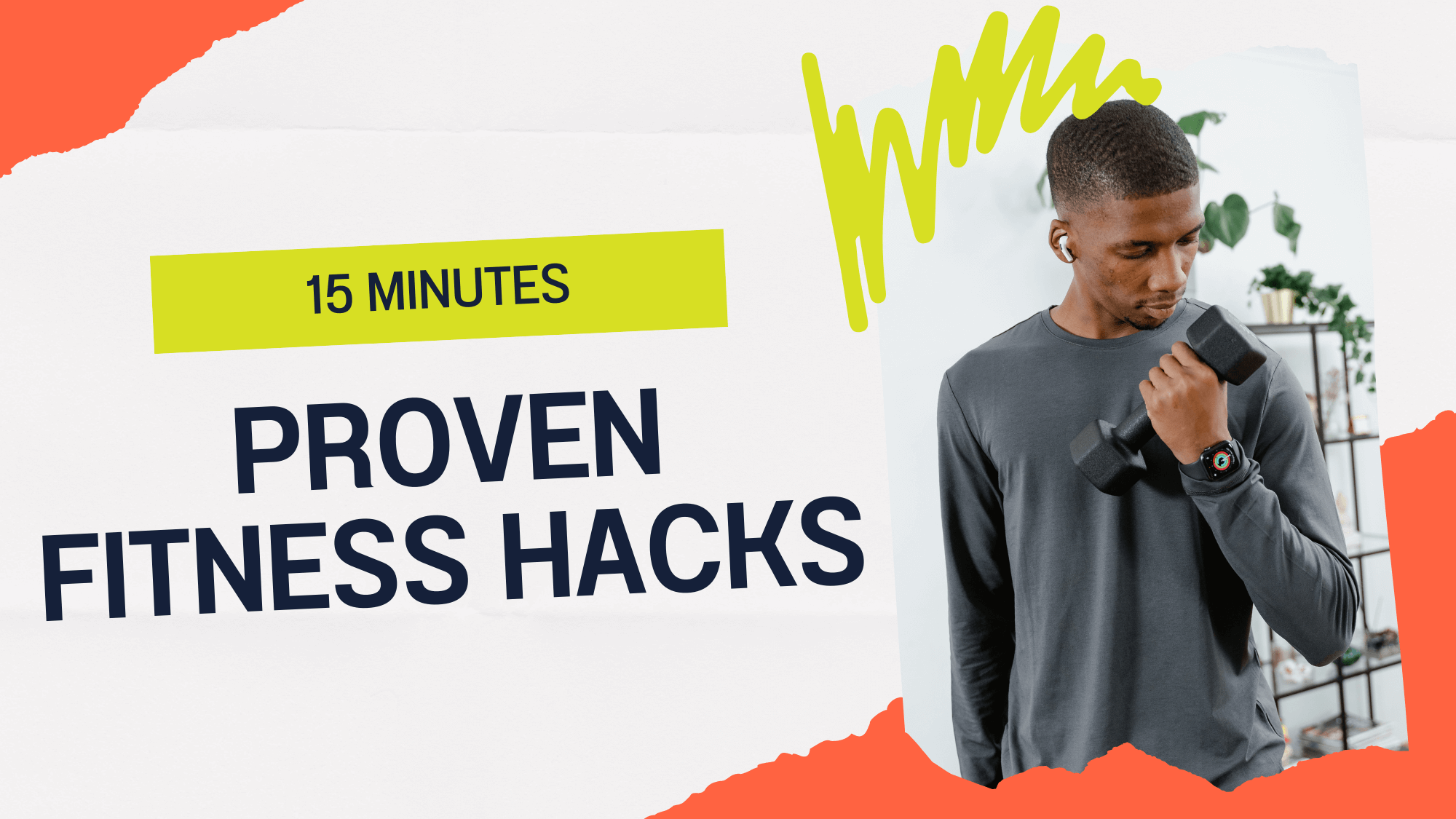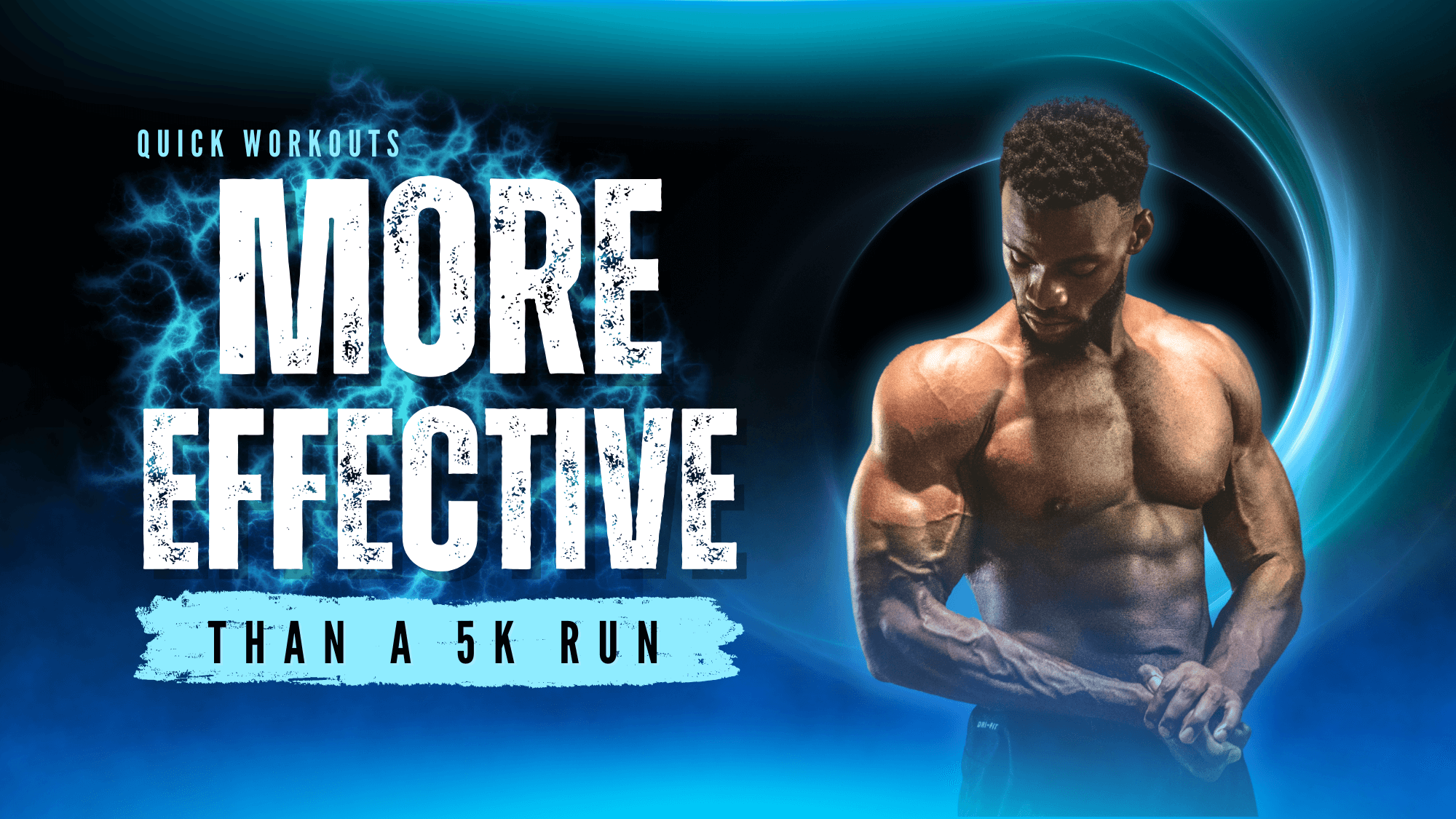Best Time to Work Out: How to Exercise According to Your Circadian Rhythm [2025 Guide]
Hey fitness enthusiasts! Ever wondered why some people crush their morning workouts while others thrive during evening gym sessions? The secret lies in your body clock, or what scientists call the “circadian rhythm.” Let’s dive deep into finding your perfect exercise time that aligns with your natural biological rhythm.
Understanding Your Body Clock
Think of your body clock as your internal timekeeper. It’s like having a personal assistant who manages your hormones, temperature, metabolism, and energy levels throughout the day. Pretty cool, right? This natural rhythm affects everything from when you feel hungry to when you’re most alert.
The Science Behind Timing Your Workouts
Morning Exercise (6 AM – 9 AM)
Rise and shine, early birds! There’s something special about morning workouts that many people swear by. Here’s why:
Hormonal Advantage
- Cortisol levels are naturally highest in the morning
- Testosterone peaks during early hours
- Growth hormone levels are elevated
Mental Benefits
- Improved focus throughout the day
- Better mood and reduced stress
- Increased productivity
Practical Advantages
- Fewer distractions and interruptions
- Empty gym = more equipment access
- Gets workout done before daily responsibilities kick in
Pro Tip: If you’re hitting the gym early, spend extra time warming up since your body temperature is naturally lower in the morning.
Mid-Day Exercise (11 AM – 3 PM)
The lunch-hour warrior might be onto something! Here’s what makes afternoon workouts appealing:
Physical Benefits
- Body temperature peaks
- Muscle strength reaches its high point
- Better coordination and reaction time
Performance Factors
- Reduced risk of injury
- Enhanced muscle function
- Optimal lung function
Practical Considerations
- Perfect lunch break activity
- Natural energy boost for afternoon work
- Less crowded than peak morning/evening hours
Evening Exercise (4 PM – 7 PM)
Night owls, your time has come! Late-day workouts have their own set of advantages:
Physical Performance
- Highest body temperature
- Peak muscle strength and flexibility
- Better endurance capacity
Recovery Benefits
- Reduced muscle inflammation
- Better protein synthesis
- Enhanced muscle repair
Stress Management
- Great way to decompress after work
- Social workout opportunities
- Mental reset before evening
Finding Your Perfect Workout Time
Listen to Your Body
Your perfect workout time isn’t just about science – it’s about what works for YOU. Consider these factors:
Energy Patterns
- When do you naturally feel most energetic?
- Track your mood and motivation levels
- Notice when you feel strongest
Schedule Constraints
- Work/school commitments
- Family responsibilities
- Social obligations
Sleep Schedule
- Morning person or night owl?
- Sleep quality
- Wake-up time consistency
Making It Work: Practical Tips
Morning Workout Success
Prepare the night before
- Lay out workout clothes
- Pack gym bag
- Plan breakfast
- Set a consistent bedtime
Proper warm-up routine
- Dynamic stretching
- Light cardio
- Gradual intensity increase
Fuel considerations
- Light pre-workout snack
- Hydration
- Post-workout breakfast
Afternoon Workout Strategy
Time management
- Schedule blocking
- Meal timing
- Quick-change routines
Energy maintenance
- Proper lunch timing
- Hydration throughout day
- Pre-workout snack timing
Evening Workout Planning
Consistency
- Set workout boundaries
- Prepare for next day
- Wind-down routine
Post-workout considerations
- Light evening meal
- Relaxation techniques
- Sleep hygiene
Special Considerations
Different Types of Exercise
Strength Training
- Best during late afternoon/evening
- Muscles are warmer and stronger
- Reduced injury risk
Cardio
- Morning or evening both work well
- Personal preference matters more
- Consider weather for outdoor activities
Flexibility Work
- Evening when muscles are warmest
- Can help with sleep
- Great for stress relief
Health Conditions
- Diabetes: Morning workouts might help with blood sugar control
- High blood pressure: Avoid early morning intense exercise
- Arthritis: Late morning or afternoon when joints are more flexible
Seasonal Adjustments
Summer
- Earlier morning workouts to beat heat
- Indoor afternoon sessions
- Evening outdoor activities
Winter
- Later morning starts
- Indoor options
- Well-lit evening venues
Making It Stick: Creating Habits
Start Small
- Begin with 2-3 set days
- Build gradually
- Focus on consistency over intensity
Track Progress
- Keep a workout journal
- Note energy levels
- Record performance metrics
Adjust as Needed
- Be flexible with timing
- Listen to your body
- Modify based on results
Common Challenges and Solutions
Schedule Changes
- Have backup times ready
- Create alternative workout plans
- Stay flexible but consistent
Energy Fluctuations
- Track energy patterns
- Adjust workout intensity
- Consider split sessions
Motivation Issues
- Set realistic goals
- Find workout buddies
- Create rewards system
The Impact on Results
Weight Loss
- Morning workouts might burn more fat
- Evening workouts can suppress appetite
- Consistency matters more than timing
Muscle Building
- Afternoon/evening optimal for strength
- Better protein synthesis later in day
- Recovery benefits from night-time sleep
Endurance
- Personal preference crucial
- Temperature considerations
- Hydration more important than timing
The Bottom Line
The best time to exercise is when you’ll actually do it consistently. While science suggests certain optimal windows, your perfect workout time depends on various personal factors. Experiment with different times and listen to your body’s signals.
Remember:
- Consistency trumps perfect timing
- Your schedule matters more than optimal hours
- Quality beats quantity every time
- Adjust as your life changes
Frequently Asked Questions (FAQs)
Q: Is it bad to work out right before bed?
A: Not necessarily, but finish intense workouts at least 90 minutes before bedtime to allow your body to cool down and wind down for sleep.
Q: Should I eat before morning workouts?
A: A light snack can help fuel your workout. If you can’t eat, ensure you’re well-hydrated and had a good dinner the night before.
Q: Will exercising at different times affect my results?
A: While timing can optimize results, consistency and workout quality matter more than the specific time of day.
Q: How long should I wait after eating to exercise?
A: Generally, wait 2-3 hours after a large meal, or 30-60 minutes after a small snack.
Q: Can I split my workouts throughout the day?
A: Yes! Split sessions can be effective and might better fit your schedule. Just ensure proper recovery between sessions.
Q: What’s the best time for weight loss workouts?
A: While morning workouts might have a slight edge for fat burning, the best time is when you can consistently maintain your routine.
Q: Should I follow the same schedule on weekends?
A: Maintaining a consistent schedule helps, but it’s okay to be flexible on weekends as long as you stay active.
Q: How do I know if I’m working out at the wrong time?
A: Watch for signs like persistent fatigue, poor performance, difficulty sleeping, or trouble maintaining the schedule.
There you have it – your comprehensive guide to finding the perfect workout time. Remember, the best schedule is one that you can stick to consistently adjust as needed, and keep moving forward on your fitness journey!





There’s a quiet elegance in the way you express your thoughts, each word chosen with such care and precision.